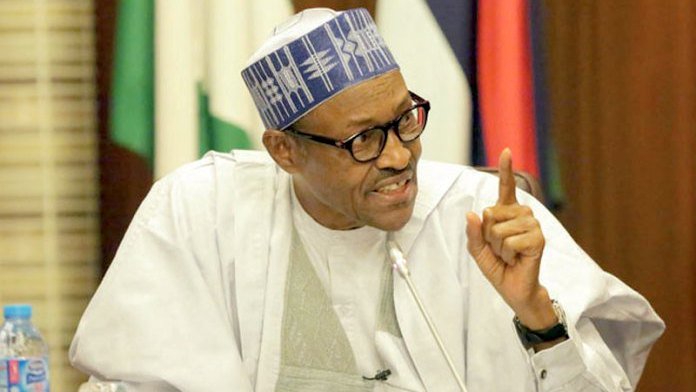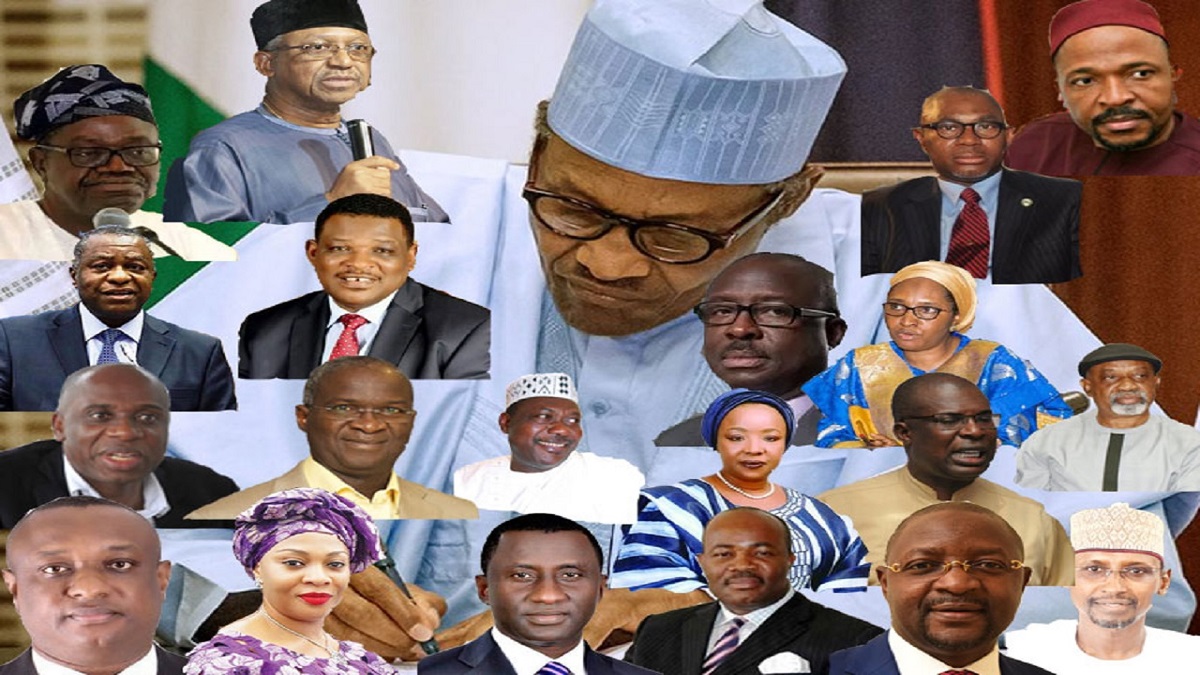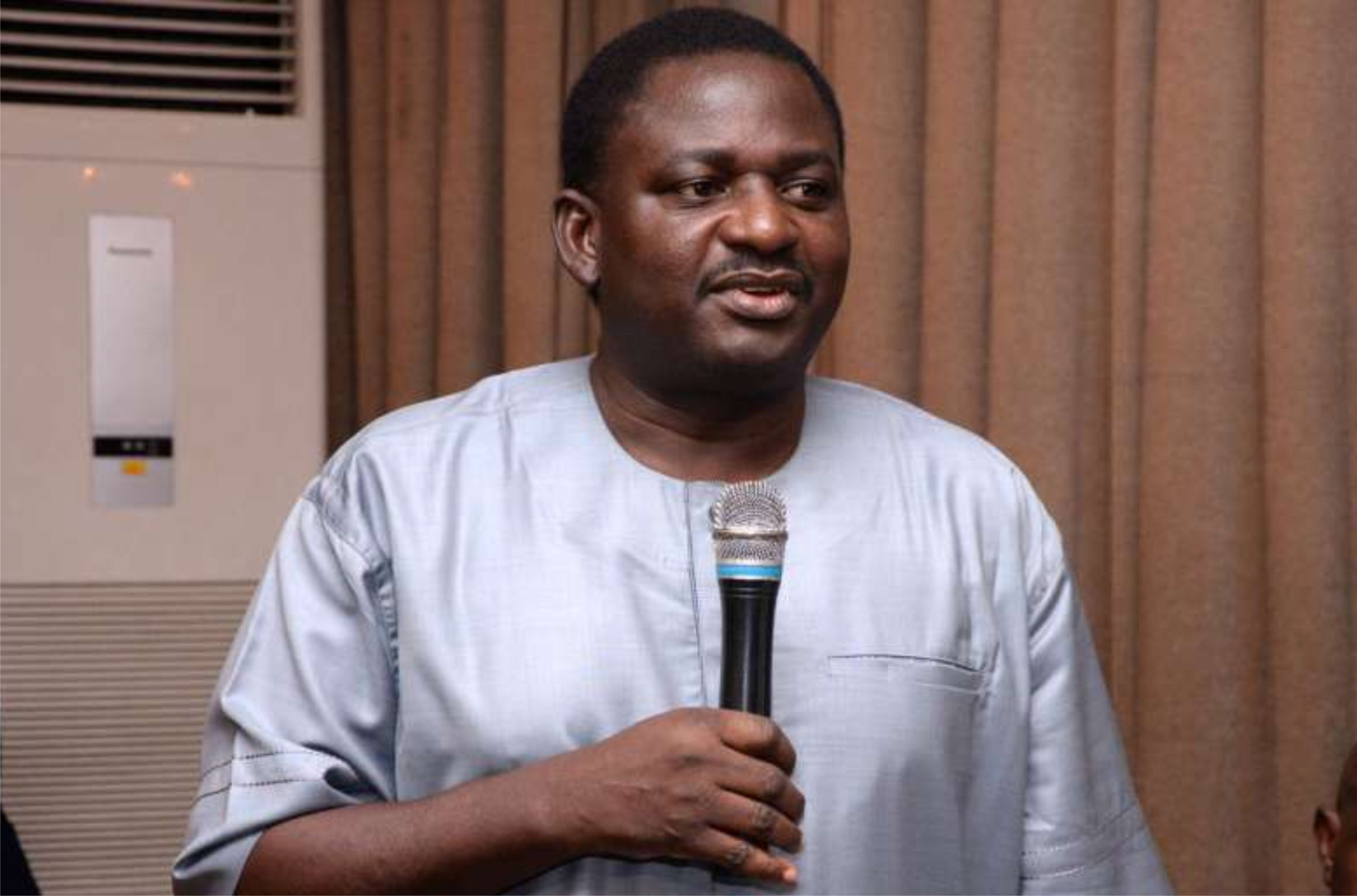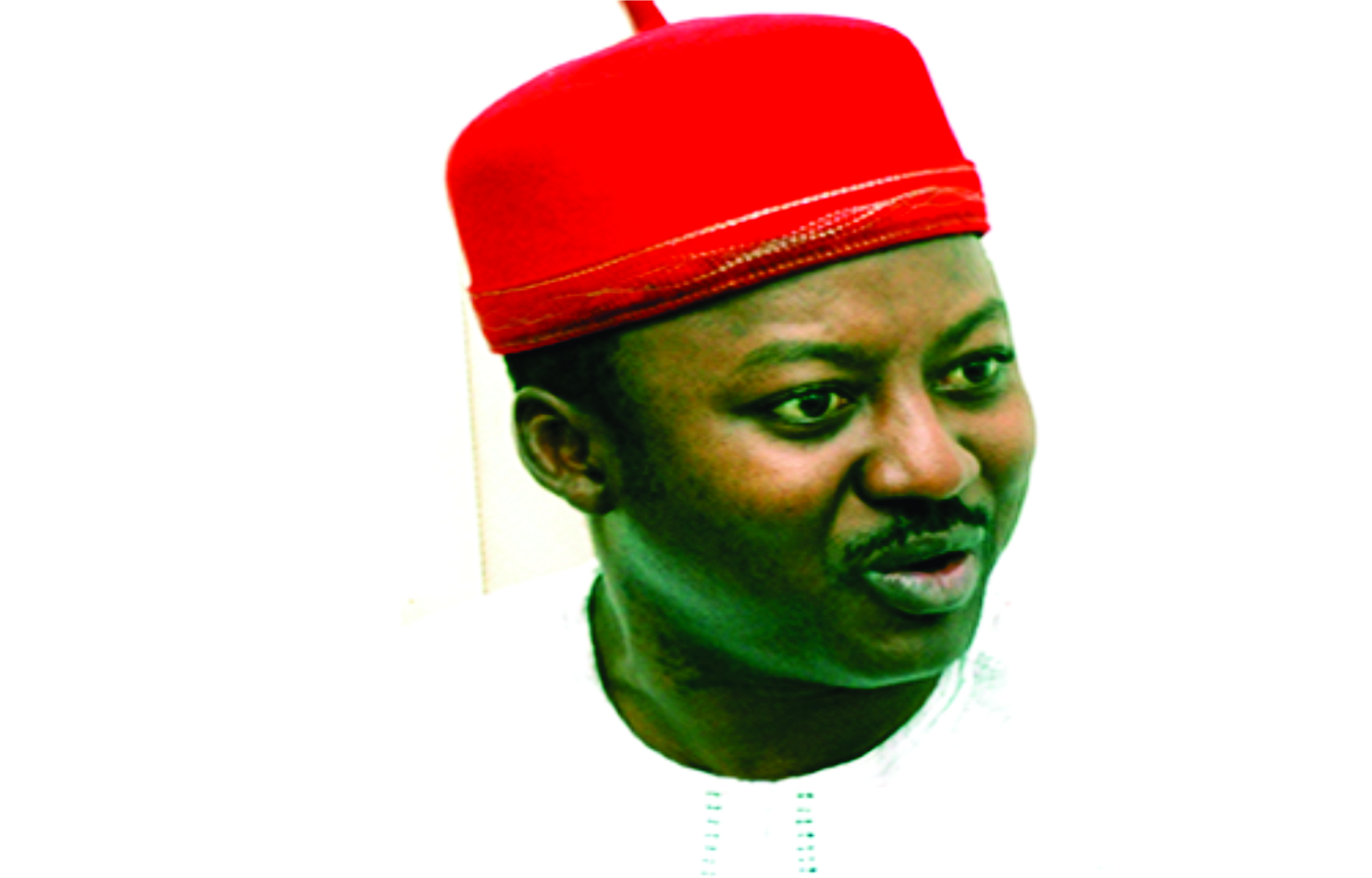Politics
Buhari promises ICC free, fair, peaceful elections in 2019
Published
6 years agoon
By
Olu Emmanuel
President Muhammadu Buhari at the 20th Anniversary of the International Criminal Court in The Hague, Netherlands, promised the global crime fighters that his administration would adhere to the rule of law and ensures that the 2019 general elections are free, fair and peaceful; he was, however, silent on the transparency of the elections.
President Buhari recalled the tragedies of the 2011 general elections in Nigeria which he said precipitated preliminary investigations by the International Criminal Court. Ironically, the incumbent President, himself, was principal in the incitement of the violent outburst in that election, essentially, the presidential election when his broadcast before the conclusion of the announcement of the result prompted youths in the North to take to the streets on rampage, including burn fires.
President Buhari, however, assured the ICC that 2019 would not repeat the errors of the 2011. “We shall do everything possible to ensure that Nigeria witnesses the conduct of free, fair and peaceful elections in 2019,” he declared.
President Buhari congratulated Judge Chile Eboe-Osuji, on his election as President of the International Criminal Court. He also commended the judges of the Court for electing the Nigerian OCC President, adding: “Nigeria is very proud of you, Mr. President.”
Buhari highlighted that the International Criminal Court was established 20 years ago as a global court, inspired by the Nuremberg trials of World War II war criminals, to hold people accountable for crimes against humanity, war crimes, crimes of genocide and aggression.
He observed that in addition to preventing impunity, promoting adherence and respect for the rule of law and fundamental freedoms worldwide and to punishing those in leadership positions responsible for the most appalling crimes and atrocities, the ICC has given hope for justice to so many, by demanding strict adherence to the rules of international humanitarian law.
He advocated that with the alarming proliferation of the most serious crimes around the world, the ICC, and all that it stands for, is now needed more than ever, in ways that were unforeseeable to its founders.
“The ICC may have been created at a time of optimism that it would not need to be utilized frequently, but, unfortunately, the increase in international crimes has only increased the Court’s relevance,” Buhari declared.
Buhari solicited expansion of the mandate of the Court to include adjudication on corruption issues.
According to him, “a strong and effective ICC can also act as a catalyst for other justice efforts, expanding the reach of accountability. These could include serious cases of corruption by state actors that severely compromise the development efforts of countries and throw citizens into greater poverty. These could also include cases of illicit financial flows where countries are complicit and obstruct repatriation of stolen assets. As the African Union Champion on Anti-corruption, these are issues dear to my heart.”
He remarked that the Rome Statute created more than a court; adding that it created the outline for a system of justice for horrific crimes rooted first in national courts doing their job, and where they fail to do so, the ICC stepping in only as “the court of the last resort”
Buhari was of the view that the ICC also needs increased cooperation and financial resources from its member states. “State parties should express their commitment to increasing efforts in these areas, including pledging concrete assistance,” he said.
The Nigerian President also observed that while limits on the ICC’s jurisdiction mean that it cannot presently act with regard to some of the dire crises of the day in states that are not parties, by acting where it can, the ICC reinforces the demand for justice far beyond its own cases.
“A strong and effective ICC has the potential to send a powerful message about the international community’s commitment to accountability, a message that will be heard by both victims and perpetrators. Equally, a strong and effective ICC demonstrates the international community’s commitment to the rule of law,” Buhari declared.
He noted that the 20 years of the Court’s existence have witnessed several challenges, some of which had threatened the very existence of the Court itself. Most notable were the withdrawals and threats of withdrawals of membership of the Court by some States, as well as accusations of bias in the exercise of the jurisdiction of the Court. Thankfully, the Court has addressed these challenges in a dignified and commendable way.
He advocated that nonetheless, the Court needs to take on board all constructive criticisms and allay lingering fears and concern through targeted messaging, awareness raising and possible modification of some legal provisions. “If properly articulated, communication and awareness raising would surely engender trust and encourage greater cooperation of Member States with the Court and even encourage non – Member States to decide to become Members. It must avoid even a hint of bias or political motivations, Buhari said.
He remarked that the goals and responsibilities of the Court are no doubt very challenging and daunting but with the cooperation of all, coupled with the high calibre of Judges and staff of the Court, the challenges are not insurmountable.
The Nigerian president therefore, urged all States not to politicize the decisions of the Court but to always bear in mind the rationale for the establishment of the Court in the first place.
“I urge all States that have not yet done so to, as a matter of deliberate State policy, accede to the Rome Statute of the International Criminal Court so that it can become a universal treaty.
“Nigeria has cooperated with, and supported the Court at all times. This, we have demonstrated by our full and transparent cooperation on matters on which we are being investigated and also in our several Country statements at the sessions of the Court. Our cooperation with the Court is borne out of our strong belief in the respect for the rule of law and human rights, and in our firm commitment to the sanctity of fundamental freedoms at international and domestic levels, as ingrained in the objectives for establishing the Court,” Buhari declared.
You may like


SSANU, NASU members block UNILAG gate over withheld salaries


The costly impotence of Buhari’s presidency


FG did not suspend removal of fuel subsidy because of 2023 elections – Femi Adesina


President Muhammadu Buhari on why he didn’t sign the electoral bill passed in NASS


Buhari’s six years’ score card horrible, failed in all sectors – Onovo


Buhari felicitates with Obasanjo at 84
Trending

 Football1 week ago
Football1 week agoGuardiola advised to take further action against De Bruyne and Haaland after both players ‘abandoned’ crucial game

 Health & Fitness2 days ago
Health & Fitness2 days agoMalaria Vaccines in Africa: Pastor Chris Oyakhilome and the BBC Attack

 Featured6 days ago
Featured6 days agoPolice reportedly detain Yahaya Bello’s ADC, other security details

 Comments and Issues1 week ago
Comments and Issues1 week agoNigeria’s Dropping Oil Production and the Return of Subsidy

 Education7 days ago
Education7 days agoEducation Commissioner monitors ongoing 2024 JAMB UTME in Oyo

 Business6 days ago
Business6 days agoMaida, university dons hail Ibietan’s book on cyber politics

 Crime7 days ago
Crime7 days agoPolice take over APC secretariat in Benue

 Business6 days ago
Business6 days agoDebt servicing gulps 56% of Nigeria’s tax revenue, says IMF

